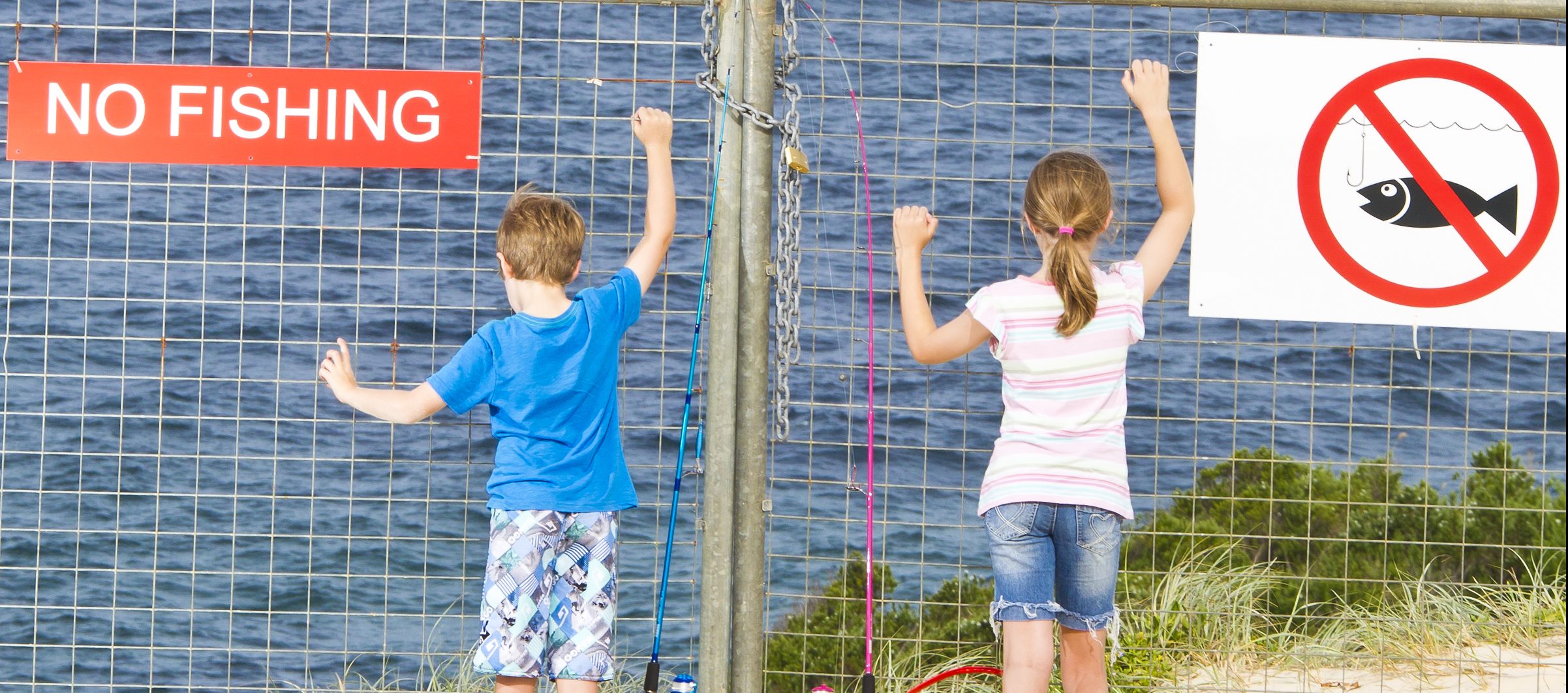Media Release 29 August 2018
A united response by recreational anglers and the recreational fishing industry has made the ‘No Lockouts’ message clear to the NSW government.
Meeting with Fisheries Minister Niall Blair on Monday, recreational fishers, the tackle industry, boat trade and fishing media explained that lockouts in 25 locations in the proposed Sydney marine park will be unacceptable to the public.
After the meeting, Stan Konstantaras, President of the Recreational Fishing Alliance of NSW, said that the huge public response to the lockouts had raised numerous concerns including not just preservation of public fishing rights, but also the economic effect on the NSW fishing tackle and boating industries, loss of disabled access and concerns that boating and rock fishing safety will be compromised.
‘We emphasised to the Minister that recreational fishing can’t be managed by lines on a map—there are no fences underwater—but that anglers are willing to work with cooperative management and regulation. Lines on a map are not constructive fisheries management tools.
‘There needs to be protection of the marine environment around Sydney by effective monitoring, enforcement of regulations and penalties for pollution and habitat destruction.
‘Recreational fishing poses no threat compared to other processes such as urban runoff, foreshore development and sewage outfalls’ Mr Konstantaras said.
Damian Kerves, Chair of the Australian Fishing Trade Association NSW Branch said ‘MEMA has failed to give well-deserved recognition to recreational anglers for the investment in their fishing future, both on the water and on the land.
‘Recreational Fishing Trusts, funded by recreational anglers’ fishing licences, have poured millions of dollars into Habitat Action Grants, tagging research, the citizen-science Research Angler Program, surveys, education and awareness programs such as Fishcare Volunteers and the ‘Get Hooked’ program for NSW schools.
‘This equates to over $250 million invested in recreational fishing since the NSW fishing licence was introduced. All that investment by recreational fishers has been for the better management of our state’s fishery; the public now can’t be locked out of that fishery.’
There are constructive and effective alternatives to recreational fishing lockouts
- Stopping pollution getting into our waterways, especially run-off from urban drains and sewage. Sydney Water is still pumping toxic sewage into the ocean through deep-water ocean outfalls and allowing untreated urban drain overflow into many locations within the Harbour.
- Working with recreational anglers to develop cooperative management of our marine resources. Effective bag and size limits and seasonal closures in fish breeding seasons have always been welcomed by anglers.
ENDS
For further information contact:
Stan Konstantaras, President, Recreational Fishing Alliance of NSW, 0407 131 714, email president@rfansw.com.au.
The Recreational Fishing Alliance of NSW, formed in 2000, is the peak representative body for recreational fishers in NSW, dedicated to accessible, sustainable and safe recreational fishing in NSW. We represent the interests of anglers in the management of the State’s recreational fisheries, promote sustainable fishing practices, encourage the participation of children, help secure rights to fishing access, encourage recreational anglers to become involved in the well-being of the fishery, promote fishing safety, and promote consultation and communication between government and anglers.
Colin Tannahill, President, Australian Fishing Trade Association, 02 6282 8500.
The Australian Fishing Trade Association was formed in the early 1980s by wholesalers, distributers and manufacturers of fishing tackle. It is dedicated to ensuring a strong future for recreational fishing and the fishing industry, advocating on key issues as well as supporting sustainable angling and promoting recreational fishing as a family sport in which all Australians can be involved. We are the peak body representing Australia’s fishing tackle industry, recognised by state and federal Government as a major stakeholder.
